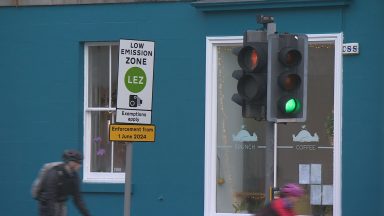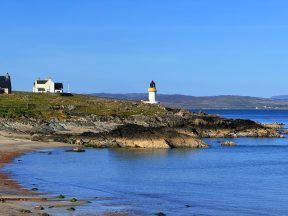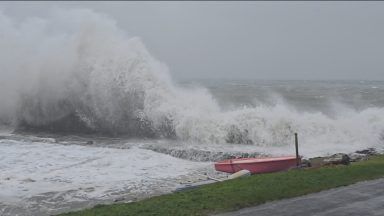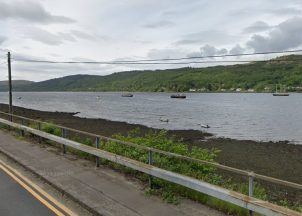A new global climate deal has been agreed at COP26 in Glasgow after the UN summit went into extra time.
The climate talks – which were due to end on Friday – have agreed to get countries to strengthen their emissions-cutting targets for 2030 by the end of next year in a bid to limit dangerous warming.
The Glasgow Climate Pact is the first ever UN climate agreement to explicitly plan to reduce coal, the worst fossil fuel for greenhouse gases, with a call for efforts to escalate the “phase down” of unabated coal, as well as the phasing out of inefficient fossil fuel subsidies.
The deal was watered down at the last minute – following a push by India and China – from escalating the “phase out” of unabated coal to “phase down”, prompting angry responses from European and vulnerable countries.
The last-minute proposal was put forward by India after frantic negotiations between the US, EU, China and India and the UK presidency of the COP26 talks.
COP26 president Alok Sharma was forced to apologise for the way in which the change happened.
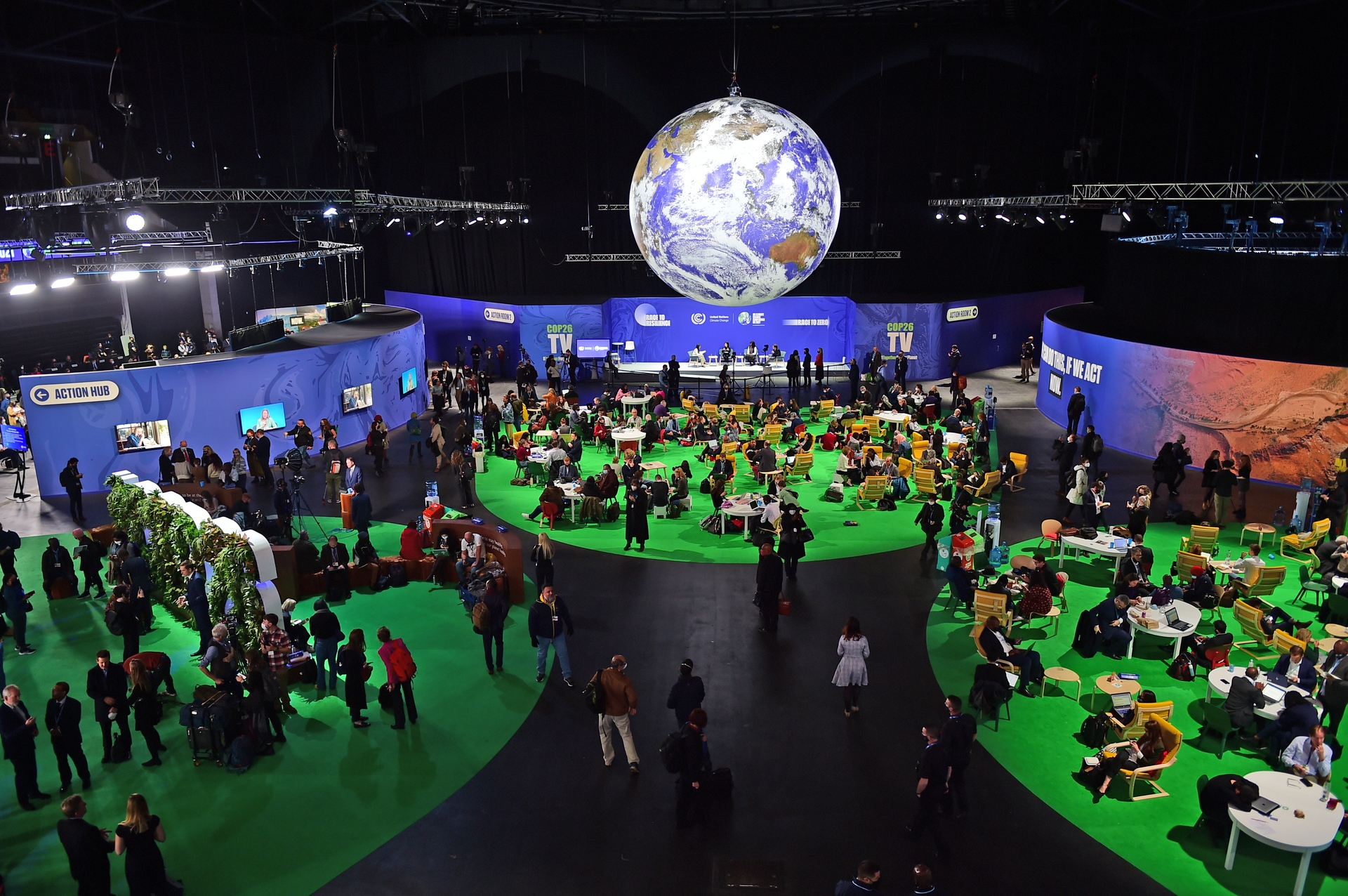 STV News
STV News‘The choices that you are set to make are vitally important’
Before a series of decisions were gavelled through, he told the delegates: “The choices that you are set to make are vitally important.
“They launch a decade of increasing ambition across mitigation, adaptation, finance and loss and damage, marking the road to keeping 1.5C within reach, achieving the global goal on adaptation, delivering on the 100 billion US dollar goal and setting the new collective quantified goal on climate finance.”
The deal aims to keep limiting global warming to 1.5C above pre-industrial levels “alive” or within reach, in the face of a huge gap between the action countries are taking and what is needed to meet the goal.
In the wake of the Glasgow Climate Pact being gavelled through – more than 24 hours after the official finishing time of the conference – there were warnings that the 1.5C goal was “on life support”.
The pact requests countries revisit and strengthen their 2030 national climate action targets “as necessary to align with the Paris Agreement temperature goal by the end of 2022, taking into account different national circumstances”.
In the Paris Agreement in 2015, countries committed to limit temperature rises to “well below” 2C and try to limit them to 1.5C to avoid the most dangerous impacts of storms, droughts, crop failures, floods and disease.
Scientists have warned keeping temperature rises to 1.5C requires global emissions to be cut by 45% by 2030, and to zero overall by mid-century.
But despite countries being required to update their action plans, known as nationally determined contributions, for emissions cuts up to 2030 in the run-up to Glasgow, the latest pledges leave the world well off track to meet the goal.
So countries have been under pressure to come up with a deal in Glasgow that will see them rapidly increase their ambition for emission cuts in the 2020s to stop the 1.5C goal slipping out of reach, as well as provide the finance for developing countries to cope with the crisis.
The deal has measures on finance for poorer and more vulnerable countries to develop cleanly, cope with climate impacts and address the loss and damage they face from climate-related storms, floods, droughts and rising seas.
The final agreement urges developed countries to at least double their collective provision of climate finance to help developing nations adapt to climate change, from 2019 levels, by 2025.
There was also agreement on finalising key parts of the “Paris rulebook”, on areas such as establishing carbon markets which have been outstanding since the climate treaty was agreed in 2015.
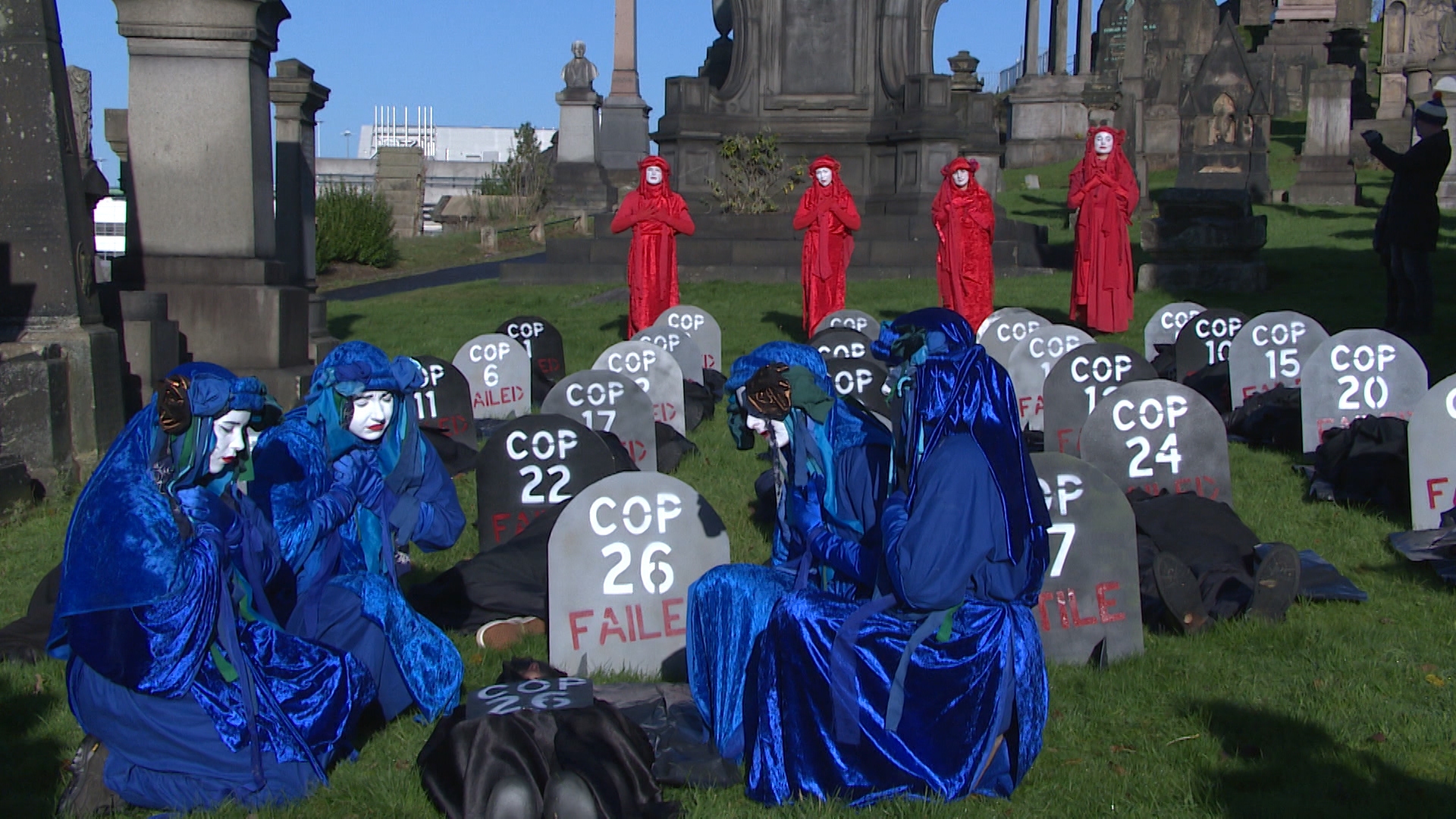 STV News
STV News‘No deal at all would have been better’
Climate justice campaigners said the agreement will be remembered as the “Glasgow get-out clause”.
Sara Shaw, climate justice and energy programme coordinator for Friends of the Earth International, said: “The final outcome of COP26 leaves developed countries free to keep polluting whilst giving the green light for massive land grabs for offsets in developing countries.
“The UK presidency and their allies are patting themselves on the back but no deal at all would have been better.
“It is nothing less than a scandal. Just saying the words 1.5 degrees is meaningless if there is nothing in the agreement to deliver it.
“COP26 will be remembered as a betrayal of global south countries – abandoned to the climate crisis with no money for the energy transition, adaptation or loss and damage.
“Perhaps it is no surprise that this was the moment a deal was finally forced through on carbon markets which are a free pass for rich countries reluctant to cut emissions. Many southern delegates struggled to attend or make their voices heard, but fossil fuel corporations were present in force.”
Ms Shaw said the deal on carbon markets “could mean” a rise in global emissions.
She added: “Combined with a weak commitment to ‘net-zero’ by mid-century and the inclusion of seductive sounding ‘nature-based-solutions’, which is code for massive tree planting in the global south, this deal will fuel a grabbing of indigenous and developing countries’ land for carbon offsets, not to mention a rush for unproven technofixes.
“The 150,000 people out on the streets for climate justice in Glasgow know the solutions to the climate crisis: a just transition to a world without fossil fuels and climate finance flowing from developed to developing countries.
“Disgracefully, rich countries opted instead for the Glasgow ‘get-out clause’ while hanging developing countries out to dry.”

‘It’s meek, it’s weak’
Responding to the decisions, Greenpeace International executive director Jennifer Morgan said: “It’s meek, it’s weak and the 1.5C goal is only just alive, but a signal has been sent that the era of coal is ending. And that matters.”
Amanda Mukwashi, chief executive of Christian Aid, added: “We were told that COP26 was the last best chance to keep 1.5C alive, but it’s been placed on life support.
“Rich nations have kicked the can down the road and with it the promise of the urgent climate action people on the frontline of this crisis need.”
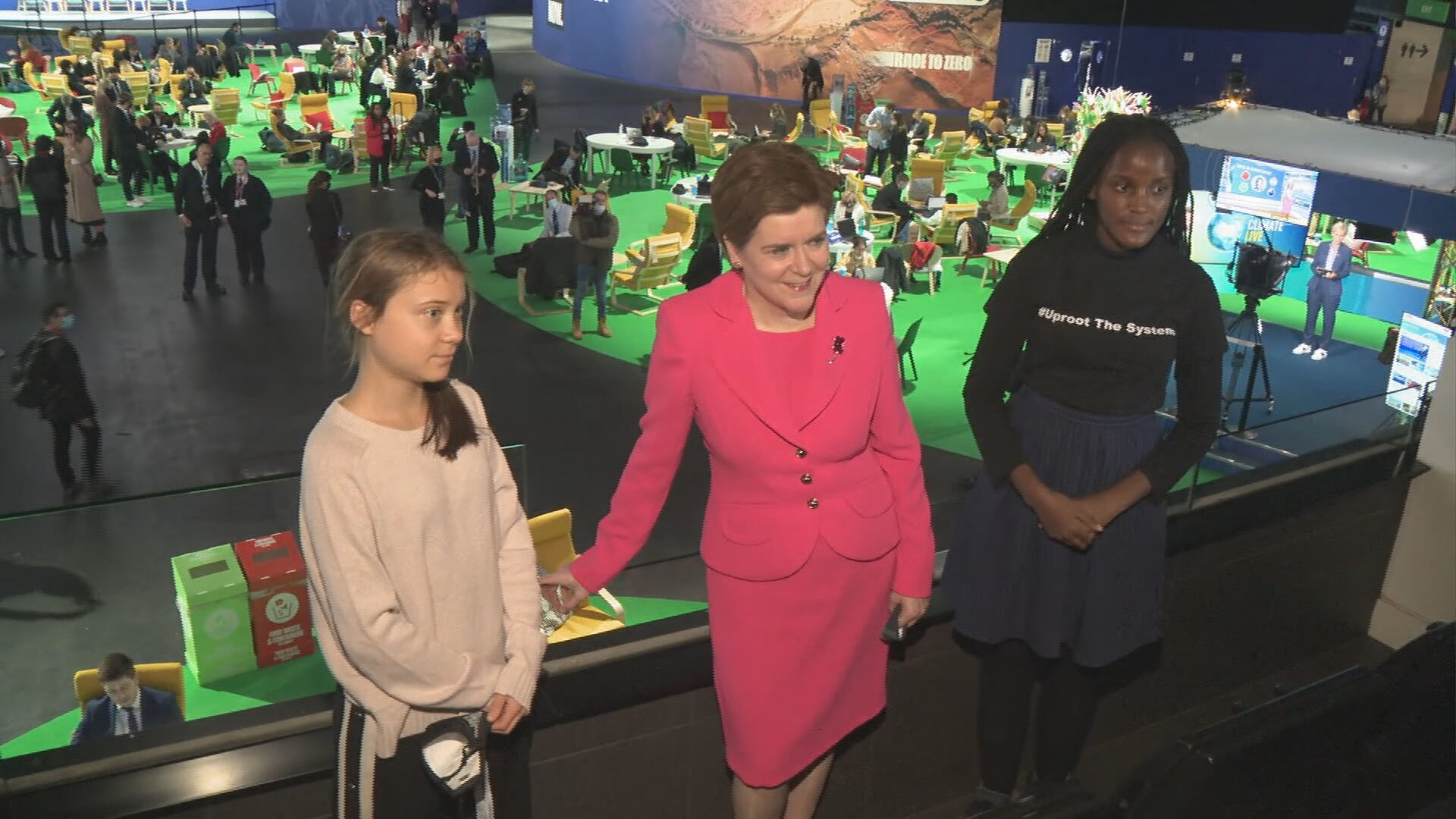 STV News
STV News‘The Glasgow summit has made progress on some important issues’
First Minister Nicola Sturgeon said COP26 has “made progress”, while Scottish Government minister Patrick Harvie branded it a “failure”.
The Scottish Greens co-leader, whose party is in a power-sharing agreement with the SNP Government, said the conclusion reached was “shameful”.
Sturgeon said: “The Glasgow Climate Pact does not contain everything that every country wanted and there is understandable disappointment that key issues were watered down in the final hours, but there can be no doubt that the Glasgow summit has made progress on some important issues.
“The importance of capping temperature increases at 1.5 degrees is no longer questioned and the need for countries to come back next year with higher contributions to tackling emissions may just be enough to keep 1.5 alive – if countries including Scotland really do deliver on our commitments.”
She added: “There is also recognition for the first time, although it is deeply disappointing that due to last minute interventions by China and India it is not as strong and clear as it should be, of the need to reduce reliance on fossil fuels, a journey Scotland has already embarked on – and needs to accelerate – in a way that is fair and just.”
Harvie, Scottish minister for zero carbon buildings, active travel and tenants’ rights, said: “The failure of governments to deliver an agreement that puts the planet on course for a 1.5C rise is shameful.
“The influence of fossil fuel companies is clear. We know that fossil fuel companies had more representation at this summit than any single nation, and the outcome has reflected that.”
Follow STV News on WhatsApp
Scan the QR code on your mobile device for all the latest news from around the country


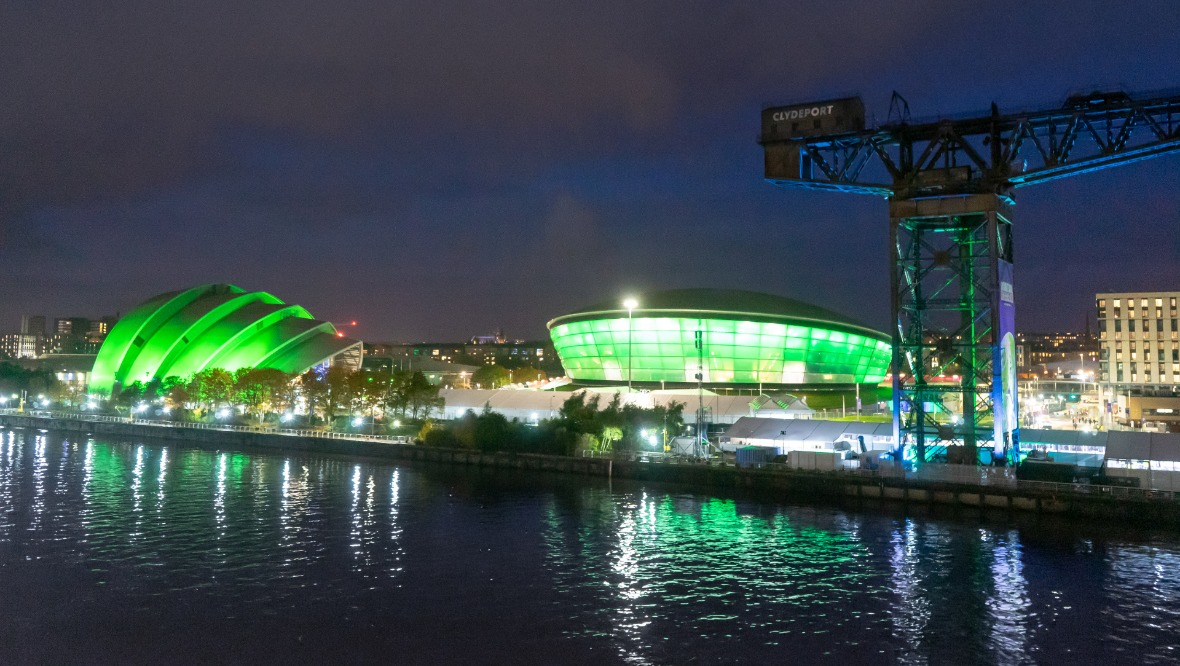 STV News
STV News






